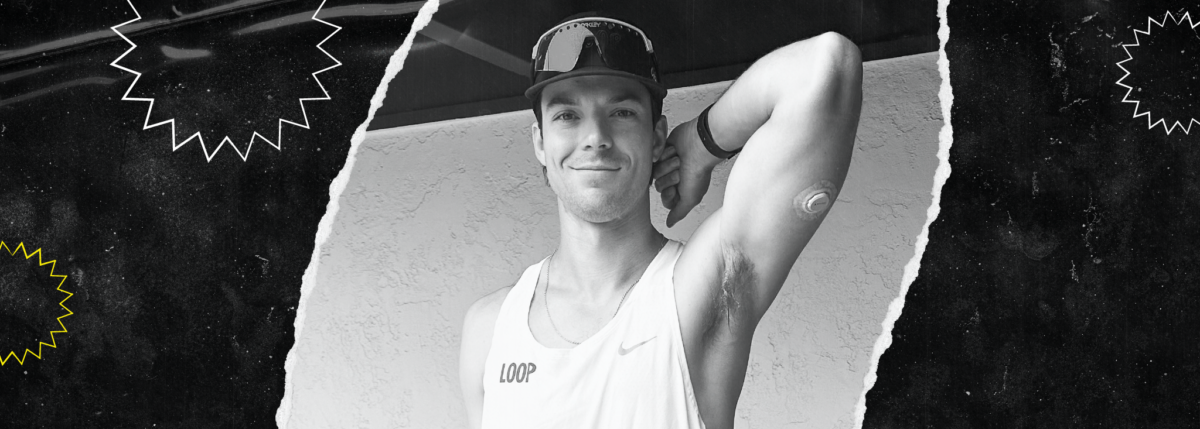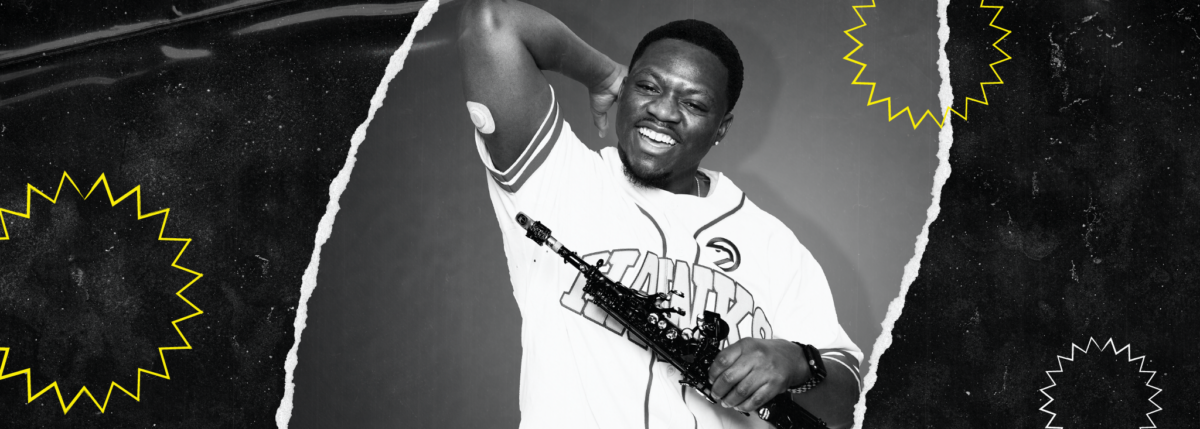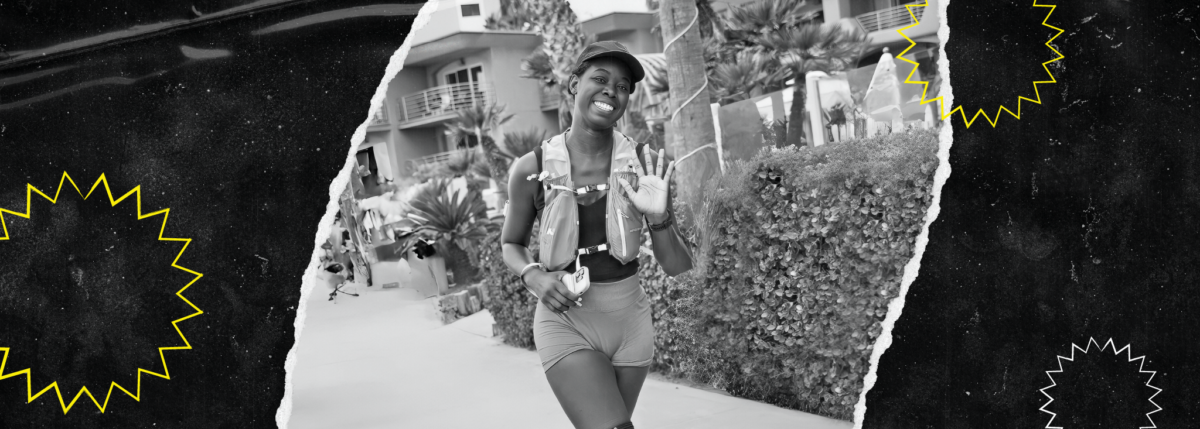No Shame in Using Insulin
Written by: T'ara Smith, MS, Nutrition Education
4 minute read
April 19, 2021
Insulin stigma in T2D care is real and causes people with type 2 to feel like they're failing at managing it. Joseph Martin shares why that doesn't have to be the case.
People with type 2 diabetes are no strangers to the insensitive remarks people make about them. Whether well-intended or not, people with type 2 are often faced with a lot of generic advice on how to manage the disease and why their goal should be to prevent “going on insulin” or “getting off insulin” if they’re already using it. Again, while most may not mean any harm by that kind of advice, it can put unnecessary pressure on the person to make lifestyle changes that do not guarantee they’ll be able to prevent or stop using insulin.
As a result, it can create a feeling of defeat when a health care provider tells a patient they’ll likely be taking insulin to manage type 2 diabetes for the remainder of their lives. That kind of reaction isn’t a surprise. Using insulin to manage type 2 diabetes isn’t the same way it’s discussed for people with type 1 diabetes; not as a lifesaving drug, but as a way to assign failure at managing type 2 diabetes (T2D).
If anyone understands this, it’s Joseph Martin, a diabetes advocate who was diagnosed with type 2 diabetes in 2016 after experiencing diabetic ketoacidosis (DKA). We interviewed Joe to discuss using insulin to manage type 2 diabetes and the stigmas that come with it.
BT2: Hi Joseph! What was your perception of taking insulin to manage type 2 diabetes?
I used to hate taking my insulin when I would go out to eat. The stigmas made me feel shameful that I had to ‘shoot up’ in front of everyone. Sometimes I would skip taking it and wait until I got home. Of course, this would affect my blood sugars but I was filled with shame or fear that someone would see me. I’ve gotten plenty of ugly looks and comments that I shouldn’t be doing it in public as well. All of these negative things have such a bad effect on us with diabetes. But it shouldn’t because we need this to survive and control our blood sugars. Now with that said, it can be mentally and physically draining to remember to take my insulin before every meal. I’ve forgotten many times to take it and when I do, there are times when I don’t feel like injecting myself multiple times. It can be a burden.
How has your routine changed over the years?
I don’t obsess or aim for perfection. Though I take rapid-acting insulin before every meal, the frequency can depend on when I eat and how often. Due to life and work, I may take it two or three times per day. I’m my biggest variable because I have to make sure I’m staying prepared or making adjustments for when I may need to take insulin. For example, I may carry my insulin around in a cold pack but there are times I may just inject before going out.
I’m mindful about what I eat, but don’t create this internal battle over what I can and can’t eat. I don’t stress over counting carbs exactly and use my Contour Meter app to keep track of how much insulin I’m using depending on the meal. I’ve had a few lows where I’ve taken too much insulin, so recording my insulin doses along with my meals has helped correct that over time.
What made you decide to start insulin therapy? How has the diabetes online community helped you with this transition?
I wasn’t interested in learning about this part of managing diabetes because I hated needles and injections. My doctor explained to me the benefits of using insulin and emphasized why it was important for me to take it. It was challenging for me to come around on it, but I learned if I didn’t, I would be putting my life at unnecessary risk. Part of my hesitation was taking insulin out in public, but fortunately, I have diabuddies who’ve helped me accept this part of managing diabetes. They’re the reason I’ve been open about my experiences. The diabetes community is so vital in times like these. It’s been nearly five years since I started taking insulin and I’m still learning something new.
What steps do you think should be taken to address stigma about insulin usage and type 2 diabetes?
I think awareness and education are key. There are so many negative discussions surrounding this topic and I think it’s important to realize that we, as diabetics, shouldn’t feel bad for wanting to take care of ourselves. For those of us who take insulin to manage T2D, we have nothing to be ashamed of. We shouldn’t have to worry about being treated or viewed differently because of it. But also, it’s not just people without diabetes who perpetuate this stigma, there are people in our community who do it as well. I truly think people mean well when they try to encourage someone to get their blood glucose levels to a certain point where they won’t need insulin, but it has to be understood that’s not a possibility for everyone and that’s okay too. If you need it, you need it. I know I do, and I have no shame about using insulin to keep my diabetes in check.
We can take these tough or awkward situations and turn them into learning and growing experiences for ourselves and others. Some don’t know what it’s like to have diabetes and we also know there are diverse diabetes experiences, especially with type 2. We need to take the time to educate others and make sure our stories are being heard, even the stories that aren’t always “happy” ones. Diabetes isn’t always pretty, but it’s part of our experience and who we are.
Ways to Destimgatize Insulin Usage in T2D Management
Did Joseph’s story inspire you to think of insulin and type 2 diabetes differently? Here are some tips to destigmatize the issue in the type 2 community:
- Remember type 2 diabetes is a progressive chronic illness and insulin may be needed to manage it. This is not mean one has “failed” at managing diabetes.
- Kindly correct stigmatizing statements that assign blame to type 2 patients who use insulin.
- If you are a person with T2D who is no longer on insulin, please be mindful of statements such as: “If I can do it, so can you!” Remember success with diabetes looks different for others.
- Provide a safe space for people with T2D to share their experiences and be willing to offer support and resources on how to adjust to insulin therapy.
Follow Joseph on Instagram here.
This content was made possible with support from Lilly Diabetes, a Founding Partner of Beyond Type 2.

Author
T'ara Smith, MS, Nutrition Education
T’ara was diagnosed with type 2 diabetes in July 2017 at the age of 25. Since her diagnosis, she focused her academic studies and career on diabetes awareness and living a full life with it. She’s excited to have joined the Beyond Type 1 team to continue her work. Two years later, T'ara discovered she'd been misdiagnosed with type 2 and actually has latent autoimmune diabetes in adults (LADA). Outside the office, T’ara enjoys going to the movies, visiting parks with her dog, listening to BTS and cooking awesome healthy meals. T’ara holds an MS in Nutrition Education from American University.
Related Resources

Jordan Sooter’s journey to running marathons began in college as a way to stay fit....
Read more

Antoine Gibson is no stranger to overcoming challenges. As a saxophonist and marathon runner living...
Read more

Danica Collins not only prepared for one of the most challenging physical events of her...
Read more

